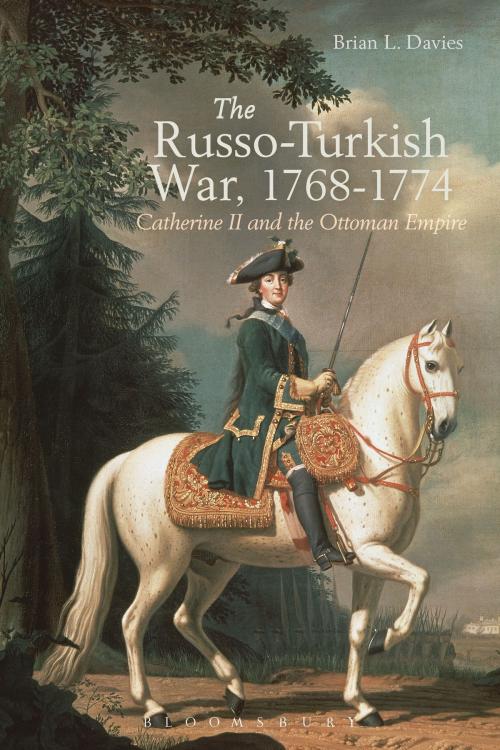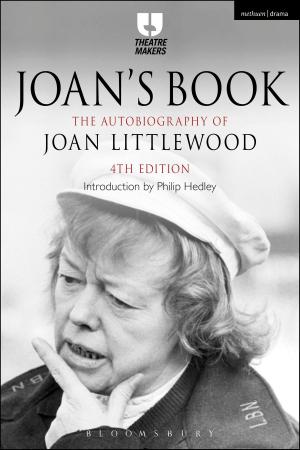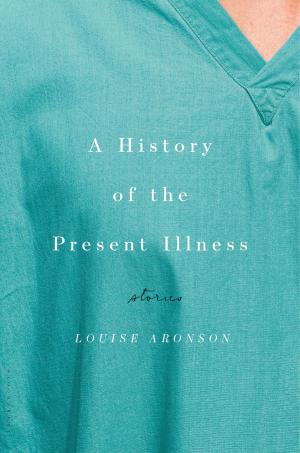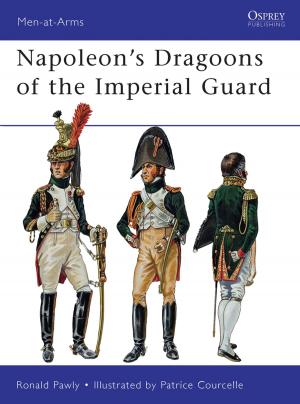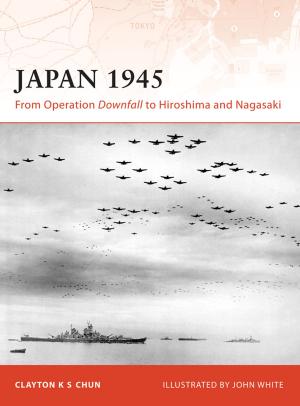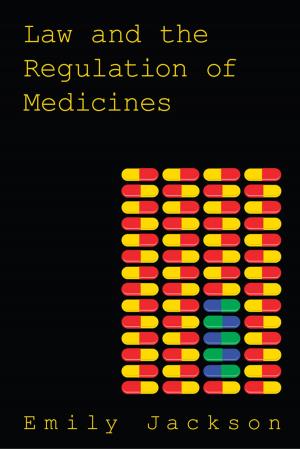The Russo-Turkish War, 1768-1774
Catherine II and the Ottoman Empire
Nonfiction, History, Modern, 18th Century, European General, Military| Author: | Brian L. Davies | ISBN: | 9781472514158 |
| Publisher: | Bloomsbury Publishing | Publication: | January 28, 2016 |
| Imprint: | Bloomsbury Academic | Language: | English |
| Author: | Brian L. Davies |
| ISBN: | 9781472514158 |
| Publisher: | Bloomsbury Publishing |
| Publication: | January 28, 2016 |
| Imprint: | Bloomsbury Academic |
| Language: | English |
The Russo-Turkish Warwas one of the most decisive conflicts of the 18th century. In this book, Brian Davies offers a thorough survey of the war and explains why it was crucial to the political triumph of Catherine the Great, the southward expansion of the Russian Empire, and the rollback of Ottoman power from southeastern Europe.
The war completed the incorporation of Ukraine into the Russian Empire, ended the independence of the great Cossack hosts, removed once and for all the military threat from the Crimean Khanate, began the partitions of Poland, and encouraged Catherine II to plan projects to complete the "liberation" of the lower Danubian and Balkan Slavs and Greeks. The war legitimated and secured the power of Catherine II, finally made the Pontic steppe safe for agricultural colonization, and won ports enabling Russia to control the Black Sea and become a leading grain exporter. Traditionally historians (Sorel, for example) have treated this war as the beginning of the "Eastern Question," the question of how the European powers should manage the decline of the Ottoman Empire.
A thorough grasp of the Russo-Turkish War is essential to understanding the complexity and volatility of diplomacy in 18th-century Europe. This book will be an invaluable resource for all scholars and students on European military history and the history of Eastern Europe.
The Russo-Turkish Warwas one of the most decisive conflicts of the 18th century. In this book, Brian Davies offers a thorough survey of the war and explains why it was crucial to the political triumph of Catherine the Great, the southward expansion of the Russian Empire, and the rollback of Ottoman power from southeastern Europe.
The war completed the incorporation of Ukraine into the Russian Empire, ended the independence of the great Cossack hosts, removed once and for all the military threat from the Crimean Khanate, began the partitions of Poland, and encouraged Catherine II to plan projects to complete the "liberation" of the lower Danubian and Balkan Slavs and Greeks. The war legitimated and secured the power of Catherine II, finally made the Pontic steppe safe for agricultural colonization, and won ports enabling Russia to control the Black Sea and become a leading grain exporter. Traditionally historians (Sorel, for example) have treated this war as the beginning of the "Eastern Question," the question of how the European powers should manage the decline of the Ottoman Empire.
A thorough grasp of the Russo-Turkish War is essential to understanding the complexity and volatility of diplomacy in 18th-century Europe. This book will be an invaluable resource for all scholars and students on European military history and the history of Eastern Europe.
